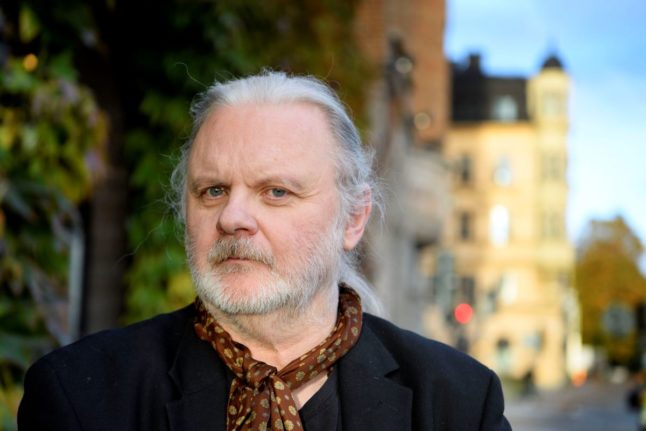The 77-year-old Harvard professor, who is the third woman to be awarded the prestigious economics prize, was given the nod “for having advanced our understanding of women’s labour market outcomes”, the jury said.
Speaking to AFP, Goldin said the prize was “important”, but there are “still large” gender inequalities on the labour market.
By studying the history of women in the US workforce, Goldin has demonstrated several factors that have historically influenced, and in some cases still influence, the supply and demand for women in the labour force, the jury explained.
“She has demonstrated that the sources of the gender gap change over time,” Nobel committee member Randi Hjalmarsson told a press conference.
Hjalmarsson added that while Goldin had not studied policy, her work had provided an “underlying foundation” that had different policy implications in different places around the world.
Globally, about 50 percent of women participate in the labour market compared to 80 percent of men, but women earn less and are less likely to reach the top of the career ladder, the prize committee noted.
The Nobel prize in economics has the fewest number of women laureates, with just two others since it was first awarded in 1969 – Elinor Ostrom in 2009 and Esther Duflo in 2019 – and Goldin is the first woman to receive the prize as the sole laureate.
‘Detective’
Goldin has “trawled the archives and collected over 200 years of data from the US”, the jury said.
“She studied something that many people, many historians, for instance, simply decided not to study before because they didn’t think these data existed,” Hjalmarsson said in an interview, calling Goldin “a detective”.
Among other things, Goldin’s research showed that female participation in the labour force had not always followed an upward trend, and instead followed a “U-shaped curve” as the participation actually decreased with the transition from an agrarian to industrial society.
Participation then started to increase in the early 20th century with the growth of the service sector, with Goldin explaining the trends as the result of both “structural change and evolving social norms”.
The jury also noted that despite modernisation – coupled with economic growth and a rising proportion of women in the labour market – the earnings gap between men and women hardly closed for a long time.
“According to Goldin, part of the explanation is that educational decisions, which impact a lifetime of career opportunities, are made at a relatively young age,” the jury said.
While much of the earnings gap historically could be explained by differences in education and occupational choices, Goldin “has shown that the bulk of this earnings difference is now between men and women in the same occupation, and that it largely arises with the birth of the first child.”
The pill
Goldin’s work also demonstrated that access to the contraceptive pill played an important role in accelerating the increase in education levels during the 20th century, by “offering new opportunities for career planning”, the Nobel committee said.
The economics prize is the only Nobel not among the original five set out by the will of Alfred Nobel, who died in 1896.
It was instead created through a donation from the Swedish central bank in 1968, and first awarded in 1969.
The economics prize wraps up this year’s Nobel season, which saw four women awarded the prestigious prize – just one shy of the record five from 2009.
On Friday, the Peace Prize went to imprisoned Iranian women’s rights campaigner Narges Mohammadi.
Earlier in the week, Norwegian playwright Jon Fosse was rewarded in literature.
The chemistry prize was awarded to Moungi Bawendi, Louis Brus and Alexei Ekimov for their work on nanoparticles called quantum dots.
In physics, Anne L’Huillier, Pierre Agostini and Ferenc Krausz were honoured for using ultra-quick light flashes that enable the study of electrons inside atoms and molecules.
The medicine prize, the first to be announced, went to a duo – Katalin Kariko and Drew Weissman – for their groundbreaking technology that paved the way for mRNA Covid-19 vaccines.
Article by AFP’s Johannes Ledel



 Please whitelist us to continue reading.
Please whitelist us to continue reading.
Member comments